Ethiopia has to loosen its grip on the economy
The authoritarian development model is running up against limits
FT View:
http://www.ft.com/cms/s/0/dc27603e-6b7d-11e6-ae5b-a7cc5dd5a28c.html#axzz4InAscXPx
The authoritarian development model is running up against limits
FT View:
http://www.ft.com/cms/s/0/dc27603e-6b7d-11e6-ae5b-a7cc5dd5a28c.html#axzz4InAscXPx
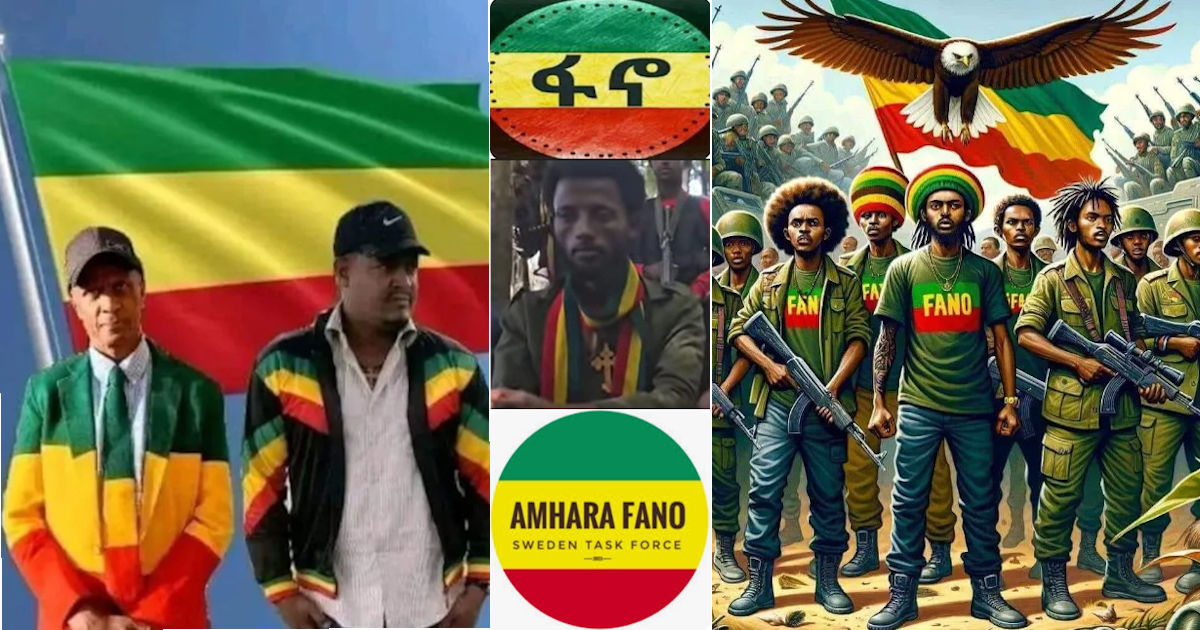
Why has Abiy Ahmed’s regime never declared Amhara Fano a terrorist organization while branding the Oromo Liberation Army (OLA) without sufficient evidence? This is not hypocrisy—it is moral perversion. Amhara Fano’s massacres across Oromia are met with silence, exposing a regime that outsources genocide by proxy and hides behind the camouflage of selective justice and political convenience.
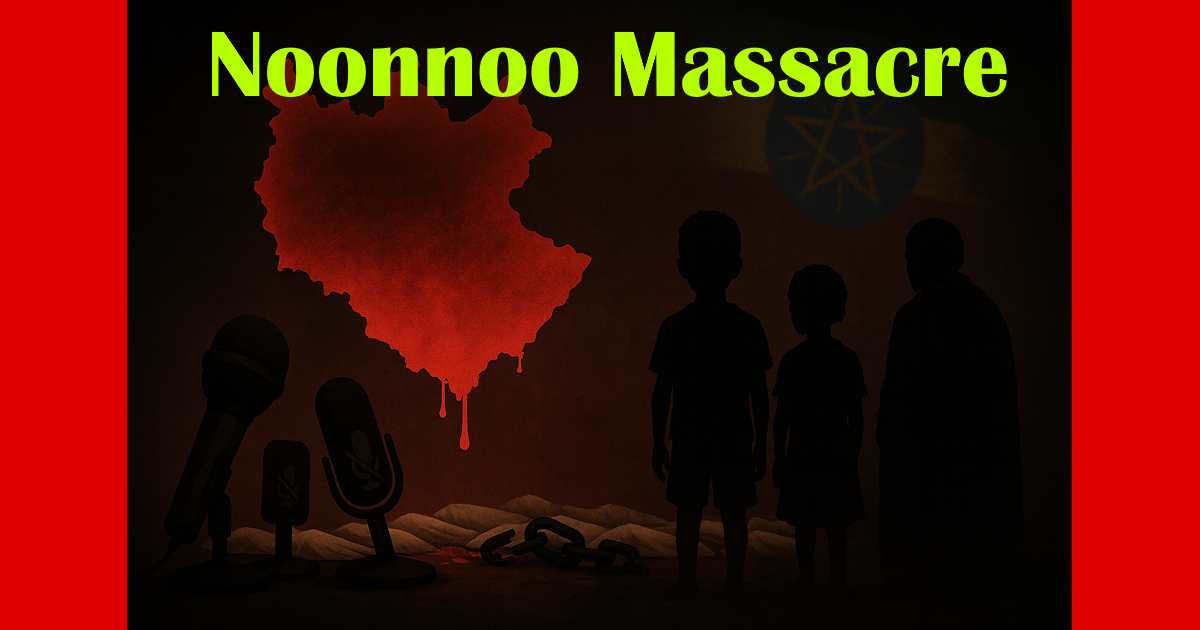
The Noonnoo massacre has once again exposed the moral decay within Oromia’s political leadership and Ethiopia’s federal establishment. When 27 innocent lives — mostly children and the elderly — are slaughtered, yet no voice of outrage rises from those sworn to defend the people, silence becomes complicity. The tragedy is not just the massacre itself, but the cancerous indifference of leaders who have traded conscience for comfort and turned Oromia’s pain into background noise.
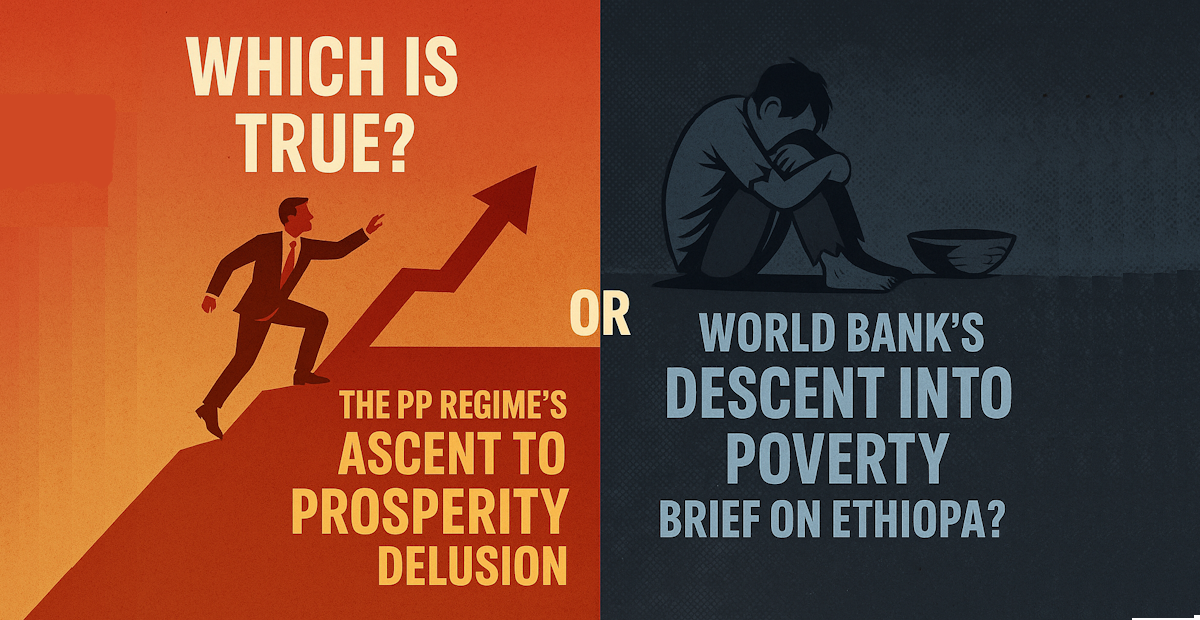
The Prosperity Party’s “ascent to prosperity” slogan collapses under the weight of World Bank data showing Ethiopia’s poverty rate rising from 33% in 2016 to 39% in 2021 — and projected to hit 43% by 2025. Far from climbing, the country is sinking deeper into deprivation, with over 67% of citizens multidimensionally poor. The regime’s recent “credit cap” gimmick and nuclear-energy fantasies expose its confusion — a delusion of progress masking a painful descent into poverty.
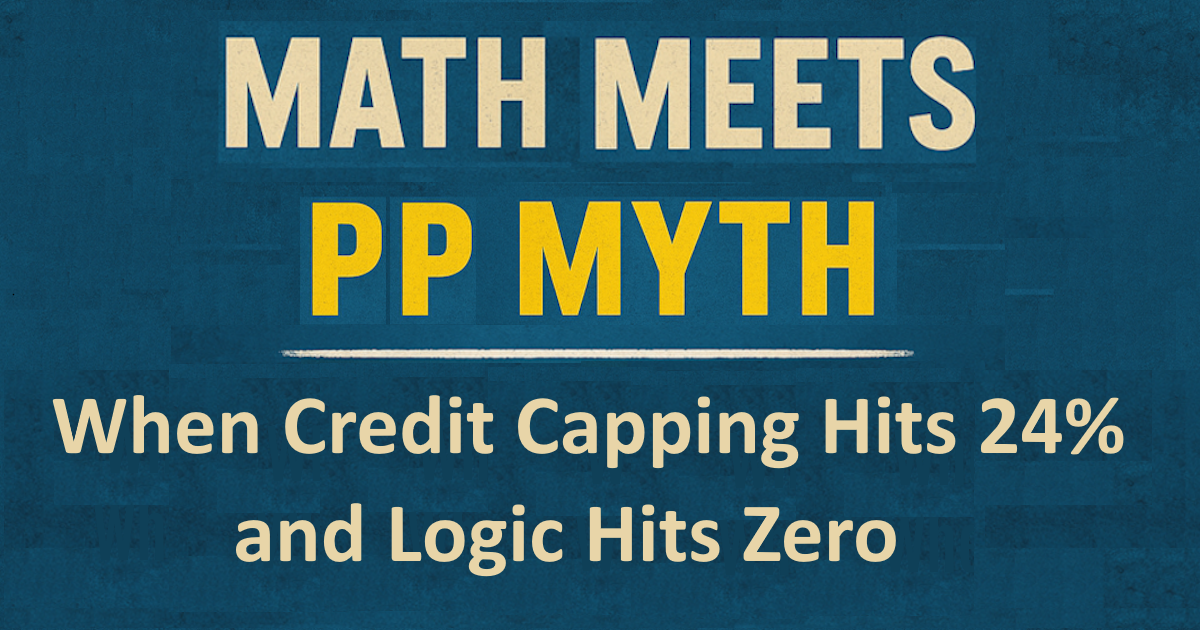
Correction: The 24% Figure Explained — and Why the Problem Remains the Same.
The much-circulated 24% was not Ethiopia’s lending rate but the annual cap on credit expansion — the ceiling on how much new money banks can lend each year. Yet this technical correction changes little: whether through suffocating interest rates or restrictive credit policy, Ethiopia’s banking system remains trapped in a cycle that starves growth while serving debt.
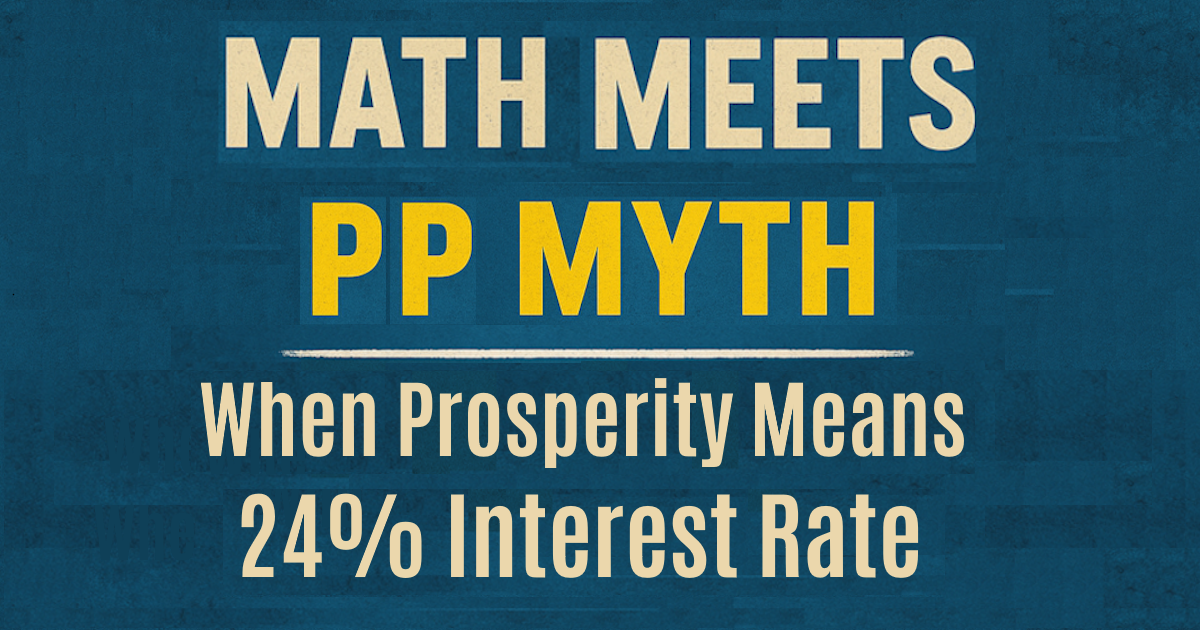
This fourth installment in the Math Meets PP Regime Myth series examines Ethiopia’s record-shattering bank interest rate — a feat only the Prosperity Party regime could frame as progress. In the land of sanity, interest rates hover around 1–2%, allowing businesses to borrow, grow, and reinvest. Ethiopia now faces 24% interest rate. For small and medium enterprises operating on 5–10% margins, this is not financing but strangulation. When credit costs more than profit, business shifts from value creation to sheer survival — and the economy itself begins to suffocate.
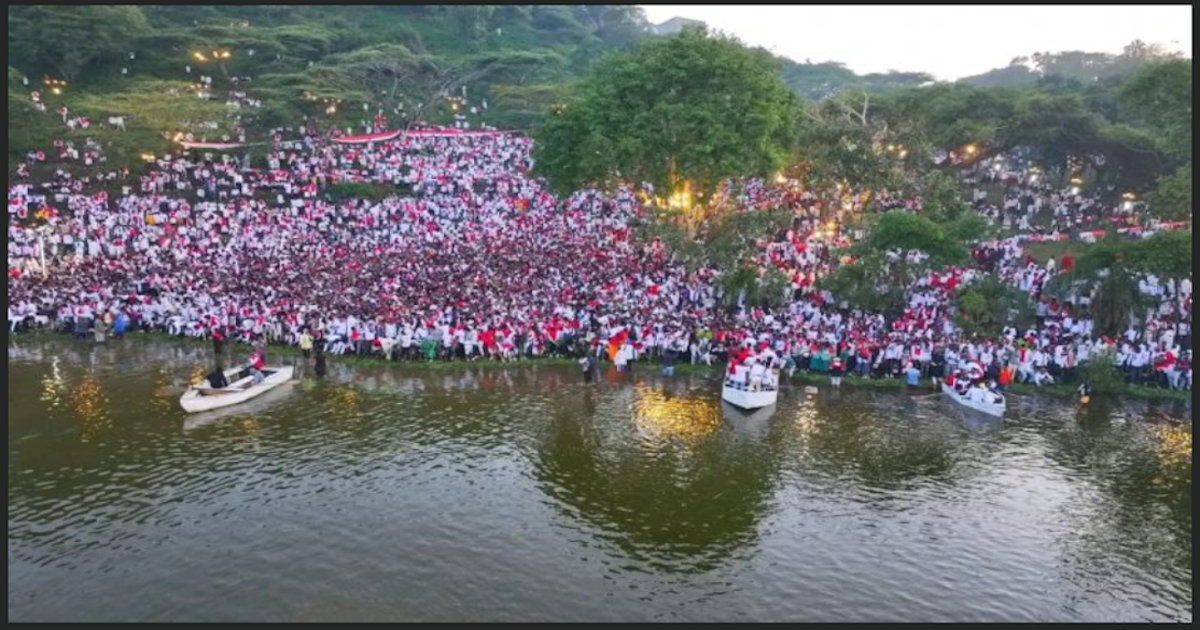
Irreechaa—the Oromo thanksgiving held at sacred waters like Hora Arsadii (Bishoftu) and Hora Finfinnee—does far more than mark seasonal change. Read through the lens of colonial/historical trauma and its inter-generational transmission, Irreechaa functions as cultural therapy: a cyclical, collective practice that restores dignity, cohesion, and hope after generations of political marginalization. The same symbolic power makes it a lightning rod for control and contestation by state security forces and rival national projects seeking to limit Oromo visibility in shared civic space.